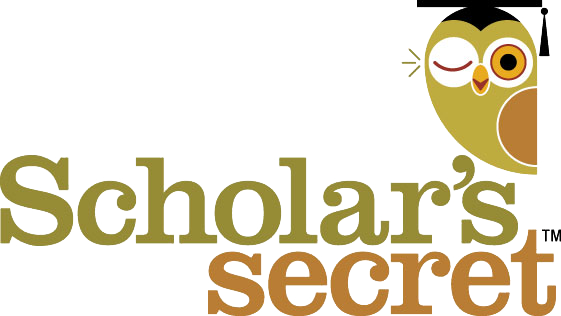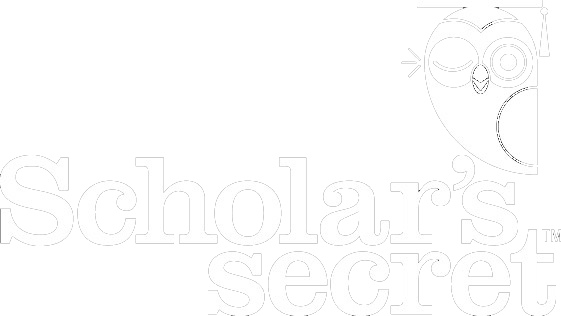I had the great privilege of spending this past Friday with dozens of teens and their families at Map Your Future, a college fair and expo geared specifically for home schooled kids. It’s always such a treat to meet these awesome students, so I was only too happy to share my Top 10 List of Research Tips & Tricks for College Success with them. The biggest challenge? Selecting only 10!
#10 Recognize that insight discovery (i.e., research) is iterative – a non-linear process with inter-dependent steps. Start with a plan, re-do as needed, and always revise that final draft.
#9 Allow ample time to get the job done – use a Due Date Calculator to help plan your time.
#8 Stop and think: what *exactly* do you need to do? What’s the purpose of the assignment? What do you already know? What do you need to learn?
#7 Select a topic that’s “just right” – not too narrow and not too broad. Just right = topic narrowed appropriately by concept.
#6 Fish for keywords – great places include the library catalog, subject-specific encyclopedias, textbooks, and experts. Capture keywords and use them in searches.
#5 Take notes the old-fashioned way… on note cards – create a source card for each resource and a note card for each idea. Distinguish your own ideas from others’. Learn to paraphrase, summarize, and “quote.”
#4 Track down leads you find in bibliographies – not just those at the end of books and articles, but stand-alone bibliographies, too!
#3 Tap into the Indiana State Secret… inspire.in.gov. Indiana’s Virtual Library, freely available 24-7, offers more reliable, targeted search results than Google!
#2 Critically evaluate every source before you use it – consider scope, treatment, authority, relevance, and timeliness. When in doubt, use best judgment.
#1 Recognize plagiarism and avoid it like the plague – plagiarism is passing off someone else’s ideas as your own, whether intentionally or not. Cite your sources. To learn how, use a style manual.
BONUS Know when to stop! Research can be so fun. But when you hit the point of “diminishing returns,” it’s time to start writing!
Of course, information literacy is among the intellectual skills outlined in Lumina Foundation’s Degree Qualifications Profile, a framework for defining what all college graduates need to know and do: “Identify and evaluate information resources, use and properly cite them, and describe the ‘ideal resource’ for a particular purpose” (12-13). While these tips may save time, becoming truly “information literate” takes practice. Scholar’s Secret can help! Contact us anytime!

